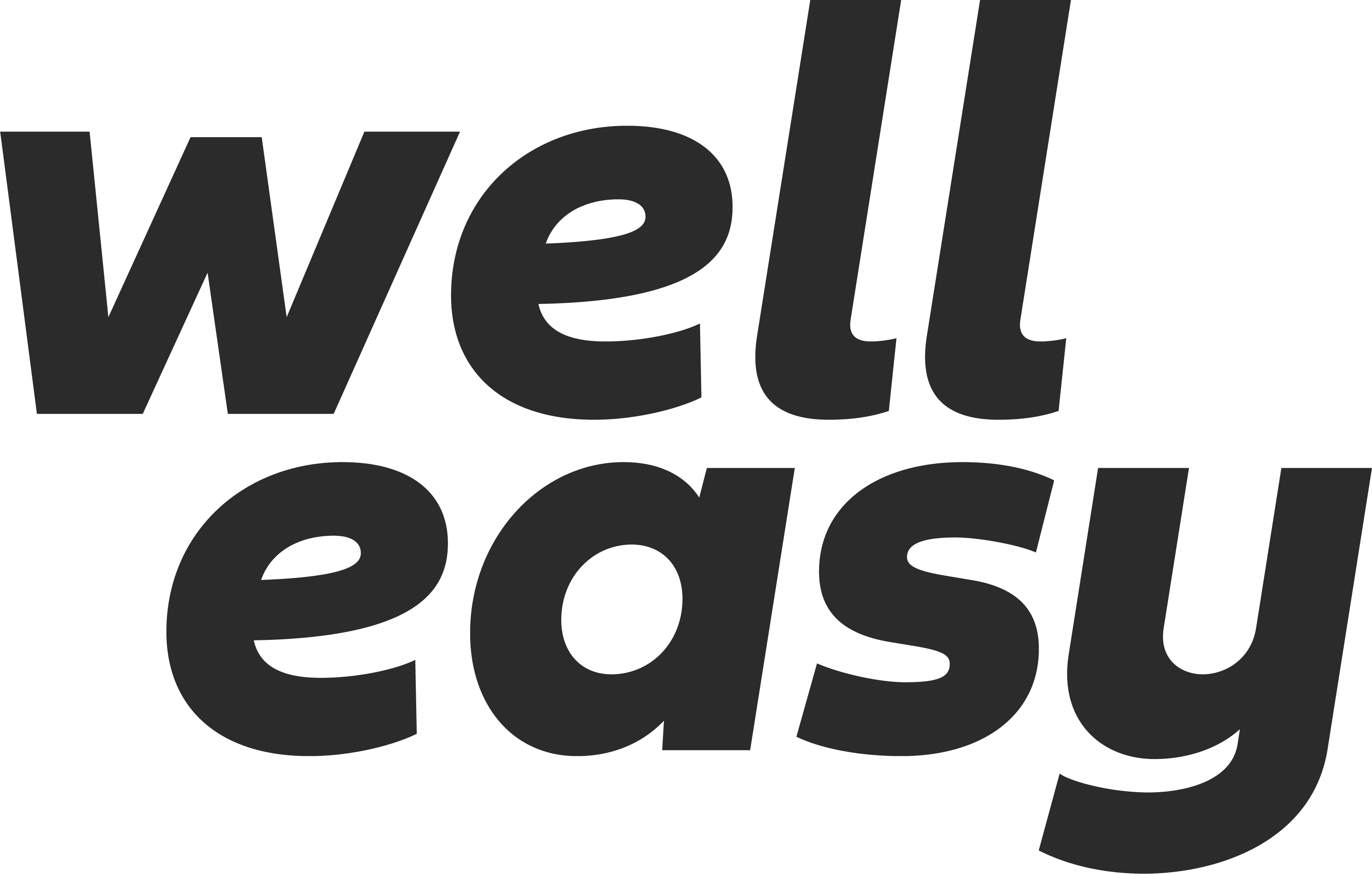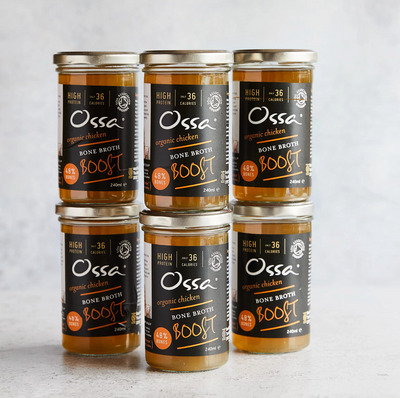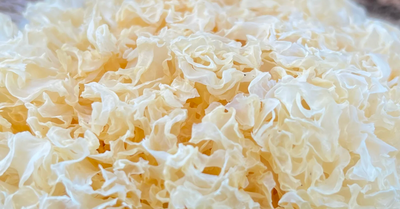The Top 4 Vitamin and Mineral Deficiencies You May Experience with Coeliac Disease.
The Top 4 Vitamin and Mineral Deficiencies You May Experience with Coeliac Disease.
The Top 4 Vitamin and Mineral Deficiencies You May Experience with Coeliac Disease.
Did you know that Coeliac disease affects 1 in 100 people in the UK? And it's more complex than a simple 'allergy to gluten'. Coeliac disease is an autoimmune condition triggered by the consumption of gluten and can have a huge impact on individuals' digestive system, physical health, mental health, and even nutrient absorption!
Individuals with Coeliac disease often experience deficiencies in various vitamins and minerals, which can lead to a range of health complications. In this blog, we consulted Kathryn Cornwell, a functional nutrition coach, to explore 4 of the common deficiencies that can affect people with Coeliac disease plus the strategies to address them!
Coeliac Disease Diet: The Basics
When you have Coeliac disease, you already know the importance of avoiding all food that contains gluten. You are acutely aware of cross contamination, as well as the importance of reading food labels.
But in my experience [Cornwell], not so much is spoken about the malabsorption of nutrients for people with Coeliac disease. This includes Vitamin D, Folate, Iron, B12 and magnesium and are mainly due to the damage in the small intestine.
This can explain why many coeliacs still feel exhausted and not quite themselves even though they are following a gluten free diet [1].
Ultimately, if you're not eating a balanced diet that is healthy and nutrient dense, then your body is not getting what it needs. A gluten free diet can often rely on processed and packaged foods that are lacking in the minerals and vitamins we need. Plus, most processed foods contain inflammatory ingredients that can further deplete vitamin levels [1],[2].
Coeliac Disease: The Top 4 Vitamin & Mineral Deficiencies
Vitamin D Deficiency
One of the most prevalent deficiencies in coeliacs is vitamin D. The damage to the small intestine, caused by gluten, can impair the absorption of this vital vitamin. Vitamin D plays a crucial role in bone health, immune function, and overall well-being. To combat this deficiency, it is recommended that individuals with Coeliac disease should consider vitamin D supplementation, along with exposure to sunlight and consuming foods containing vitamin D such as, oily fish like wild salmon, sardines, fresh herring, halibut, oysters, and cod liver oil.
A product that I like to use for my own Vitamin D support is from Nutri Advanced, along with nutrition and spending time in the sunshine (particularly from May to September in the UK).
Folate and Iron Anaemia
Coeliac disease can also lead to deficiencies in folate, which is essential for red blood cell production and proper neurological function. People with iron deficiency usually have too little folate in their blood, which explains why iron and folate deficiencies often occurs at the same time. The damaged intestinal lining hampers the absorption of these nutrients and can leave you with a range of symptoms from extreme fatigue, lack of energy, shortness of breath to headaches.
Good sources of iron include liver, kidney, heart, red meat, fish, shellfish, and eggs. Iron is best absorbed in the body from animal sources. If you don’t eat meat, then you get iron from leafy green veg, (but your body has a harder time absorbing it). Eating them with vitamin C rich foods can help improve the absorption from plant food, such as bell peppers or a squeeze of lemon!
Folate can be found naturally in liver, broccoli, leafy green vegetables, oranges, and asparagus.
B12 Deficiency
Vitamin B12, may also be deficient in coeliacs due to malabsorption issues. This vital vitamin is involved in energy production, nerve function, and red blood cell formation.
B12 is only available in animal products like meat, liver, kidney, poultry, fish, and eggs. If you eat a vegan diet, then you need to look at supplementation and fortified foods. Although they only contain small amounts of B12, you could include Tempeh and shiitake mushrooms in your diet to help boost your levels.
For those of you who are not a fan of eating liver, I can recommend these 100% grass fed liver capsules from Hunter and Gather, which my daughter uses. They are a raw food supplement that can support your B12 requirements.
Magnesium Deficiency
Magnesium deficiency is common among coeliacs due to impaired absorption from gut damage. These minerals are vital for bone health, muscle function, and nerve transmission. A lack of magnesium can also cause muscle cramp, insomnia, and fatigue. Incorporating foods like nuts, seeds, avocado and green leafy veg, can help address magnesium requirements. Adding chia seeds to your diet is a great way to boost your magnesium levels. You can add them into your porridge, smoothies or even make a Chia pudding. Additionally, you may opt for a magnesium supplement, such as magnesium glycinate or magnesium threonate.
Conclusion
It’s important to raise awareness of these potential nutritional deficiencies. By consuming nutrient-rich food, coeliacs can support their overall health and well-being and reduce the risk of developing other auto immune conditions like type 1 diabetes, Multiple Sclerosis (MS) as well as other conditions like anaemia, osteoporosis, infertility and miscarriage, epilepsy, and migraines. For people with Coeliac disease, the later in age they are diagnosed, the more chance of developing further conditions [3].
As a registered Functional Nutrition Coach, founder of Nutritional-life.com and a Coeliac myself, I have experienced first-hand, the power of making healthy choices in my diet, can have on my overall wellbeing. I believe that food is medicine and that we should be able to integrate healthier lifestyle choices into our everyday lives.









